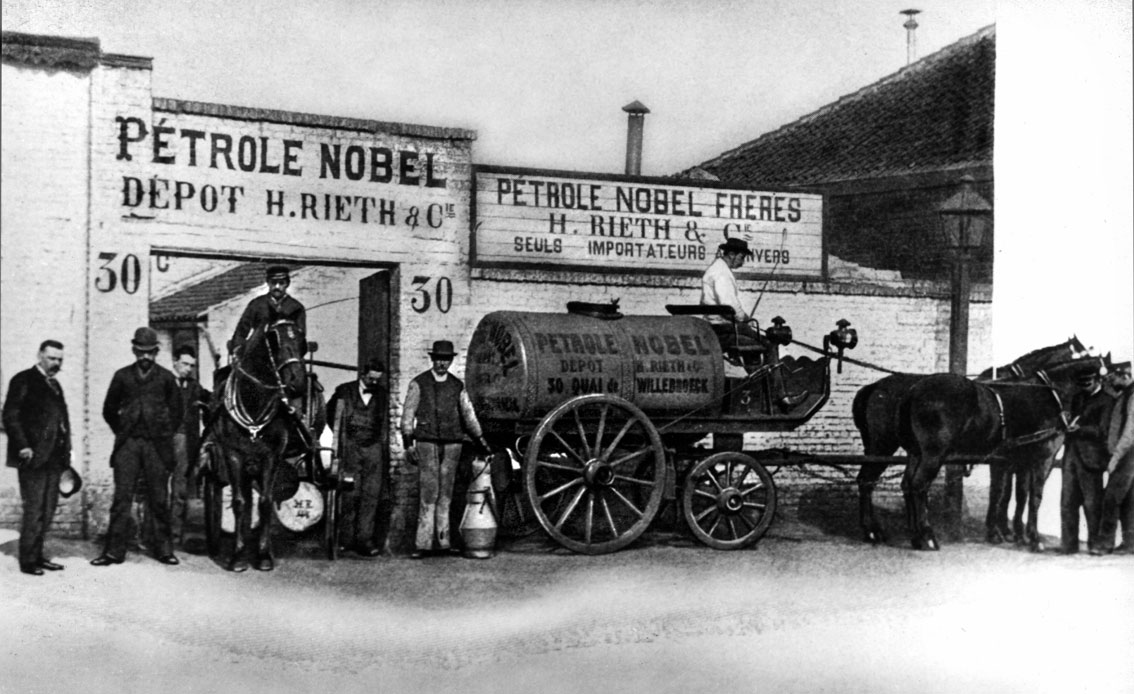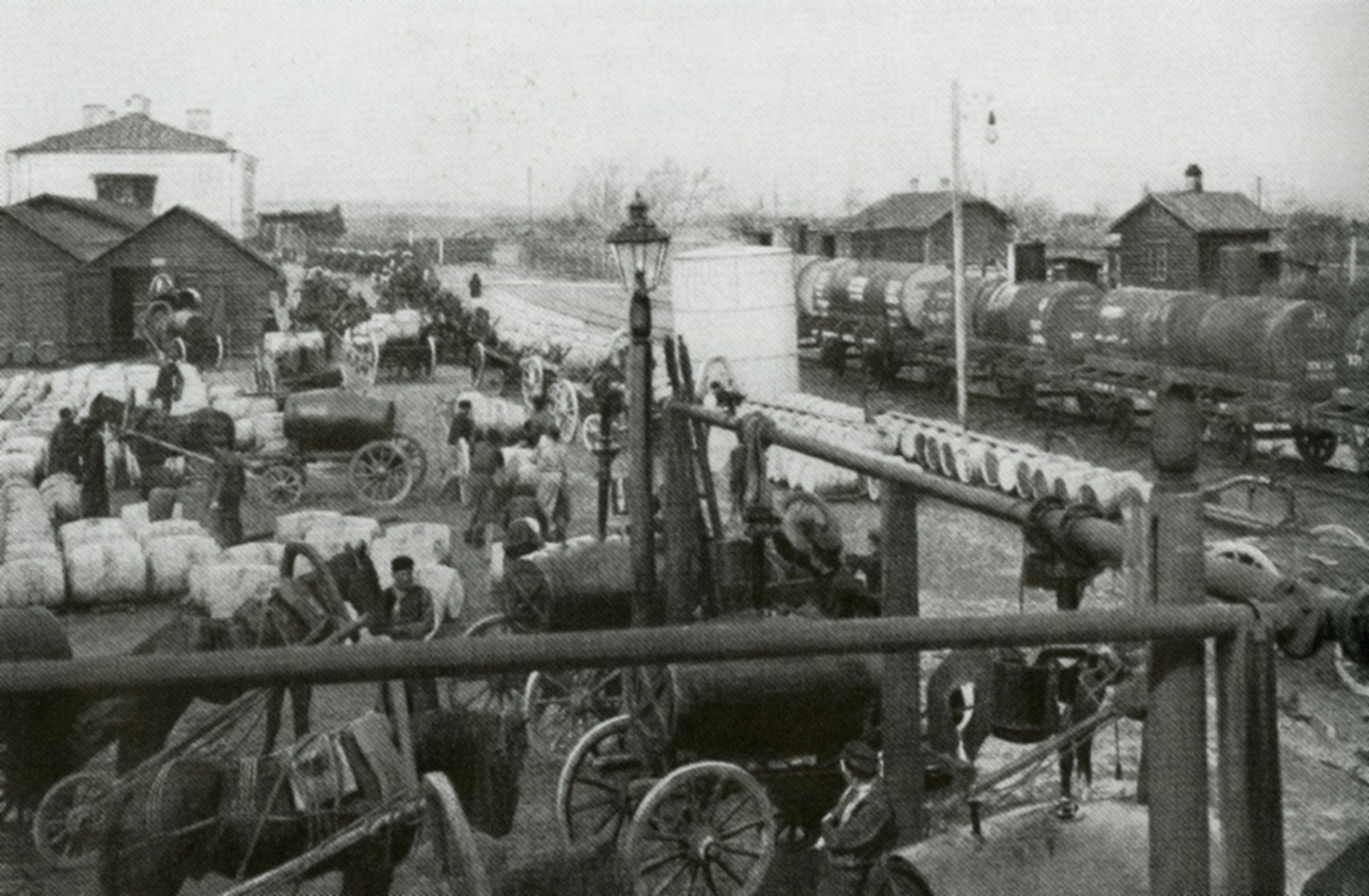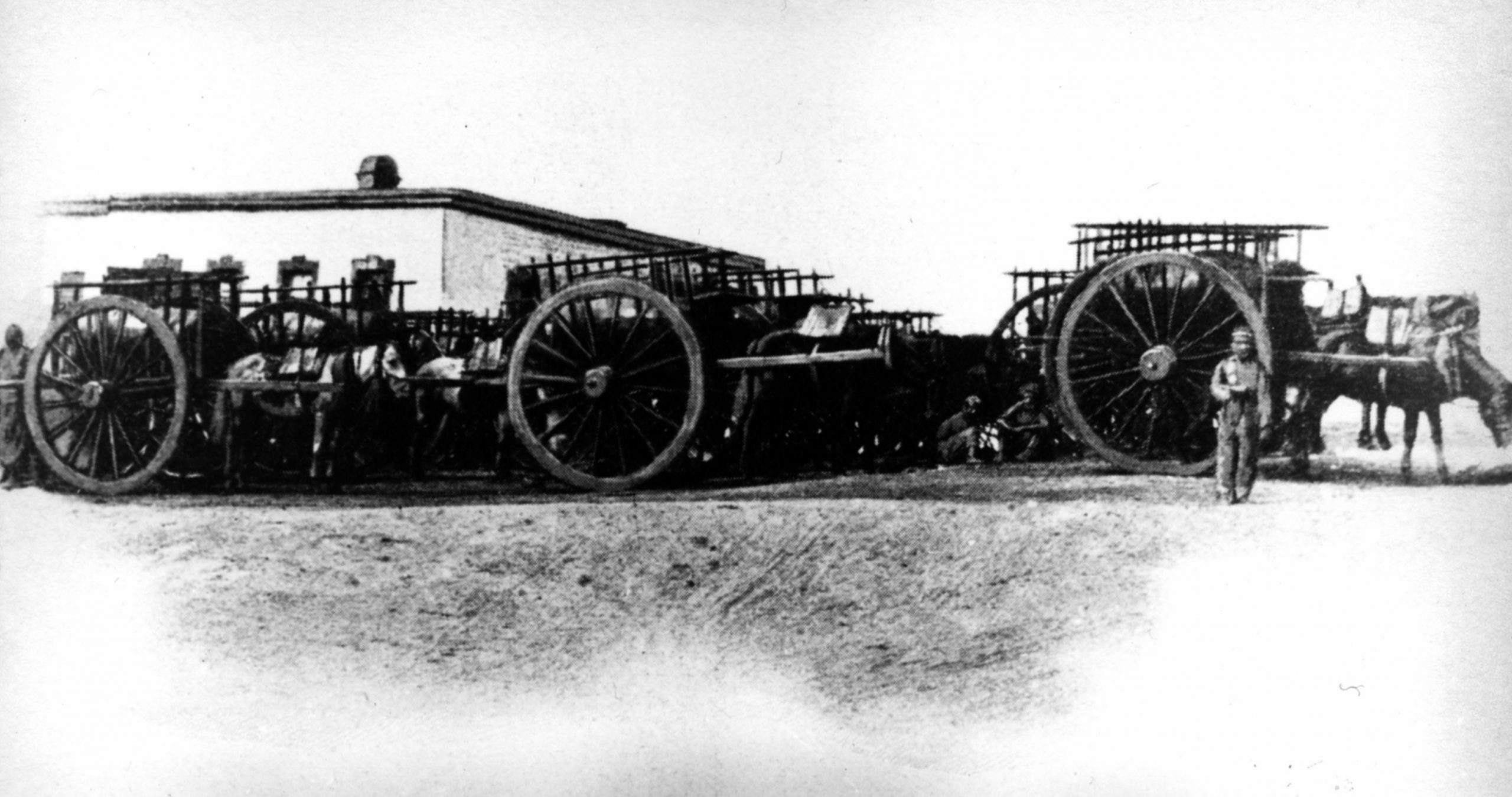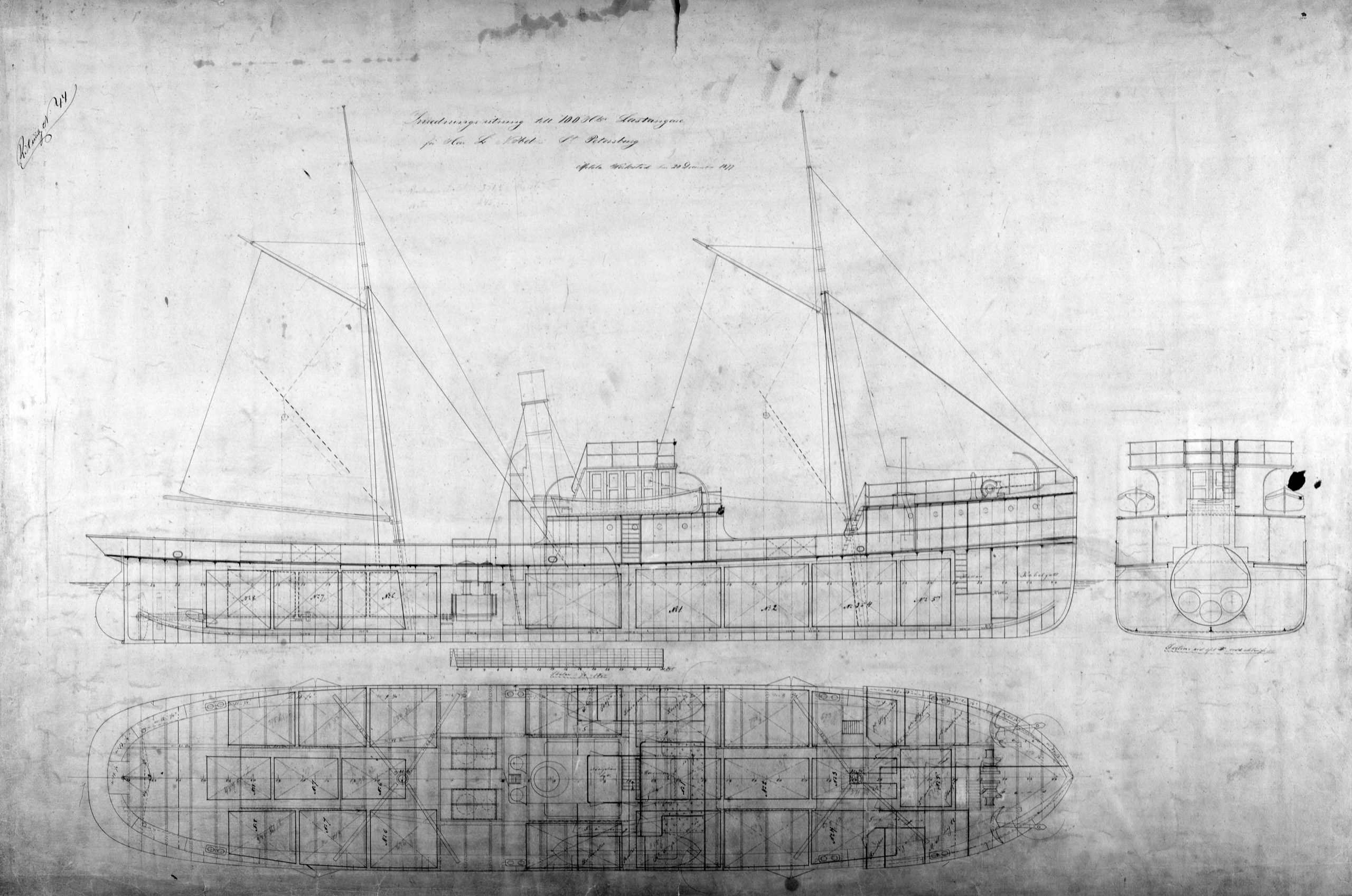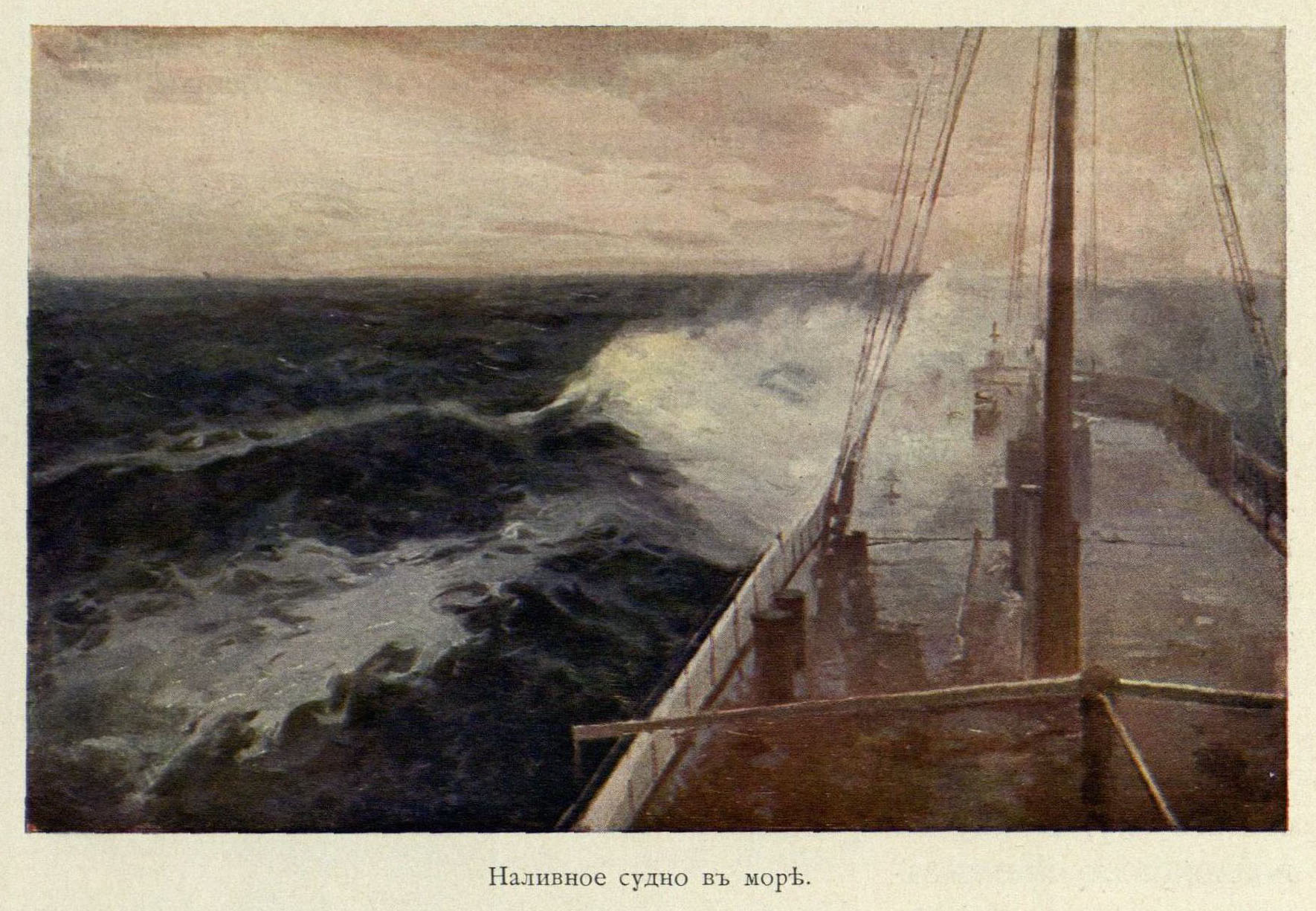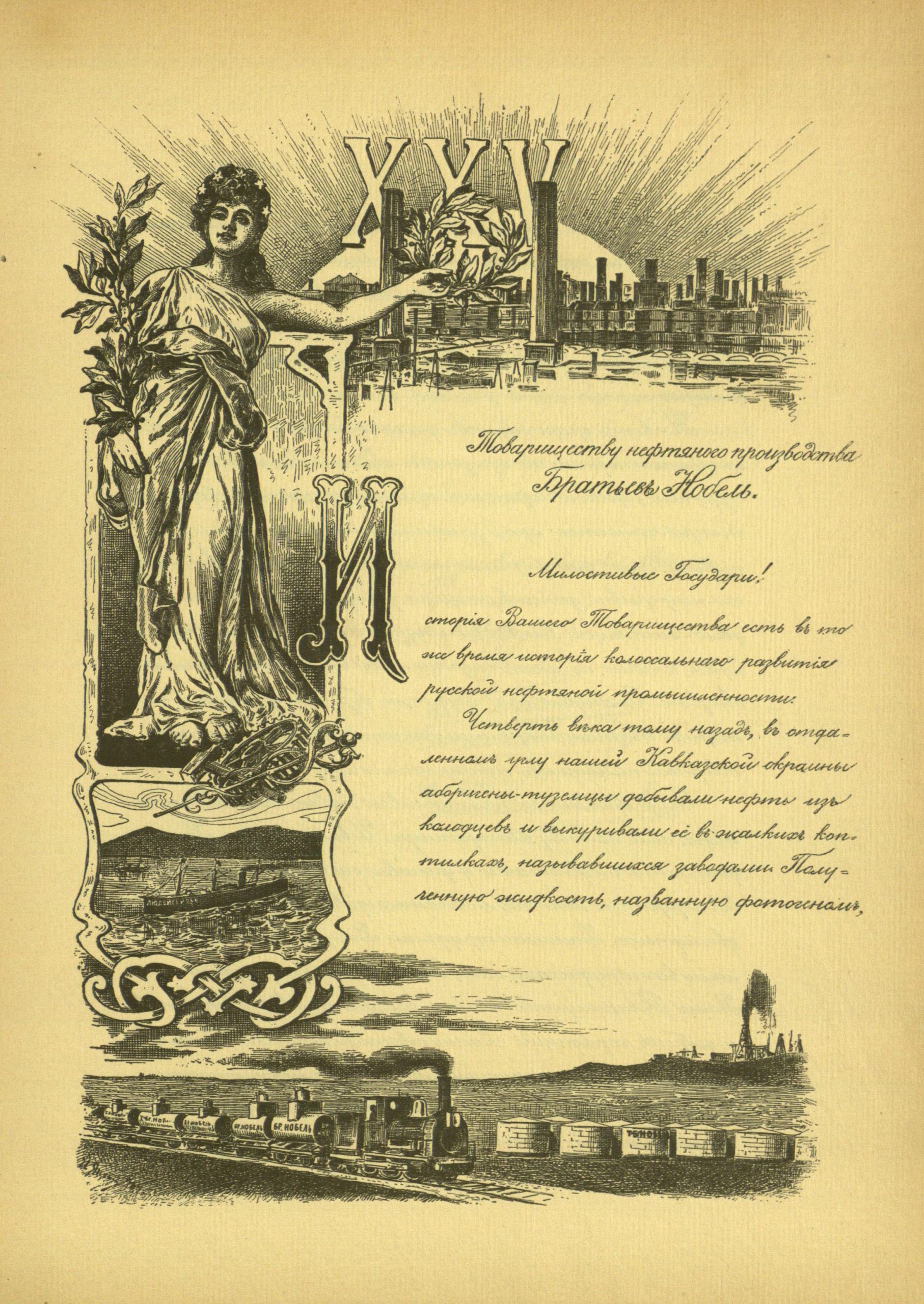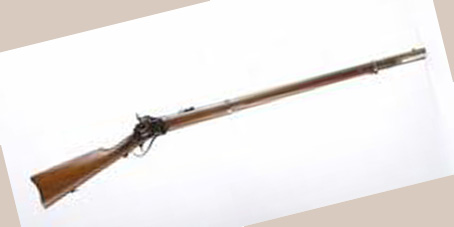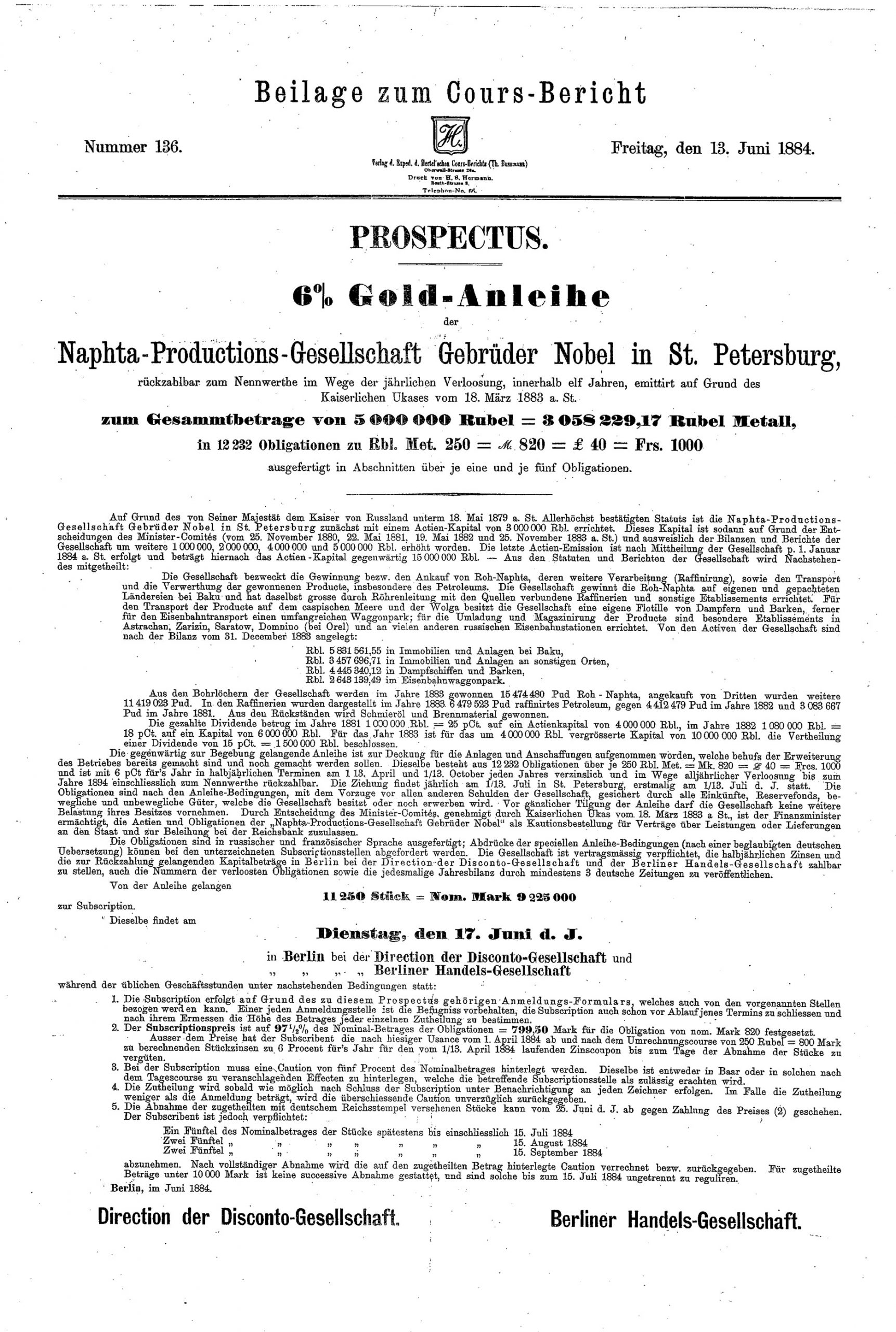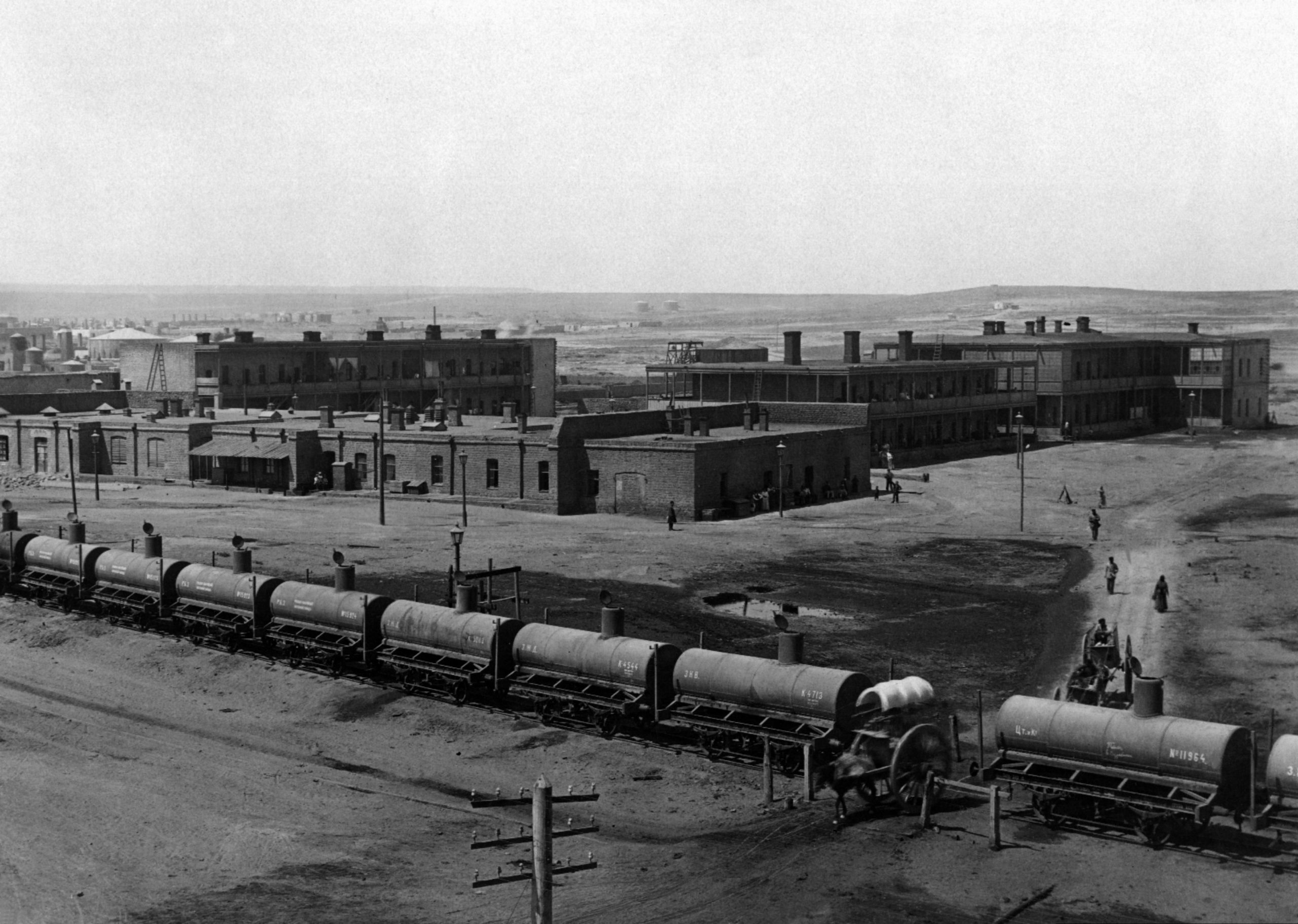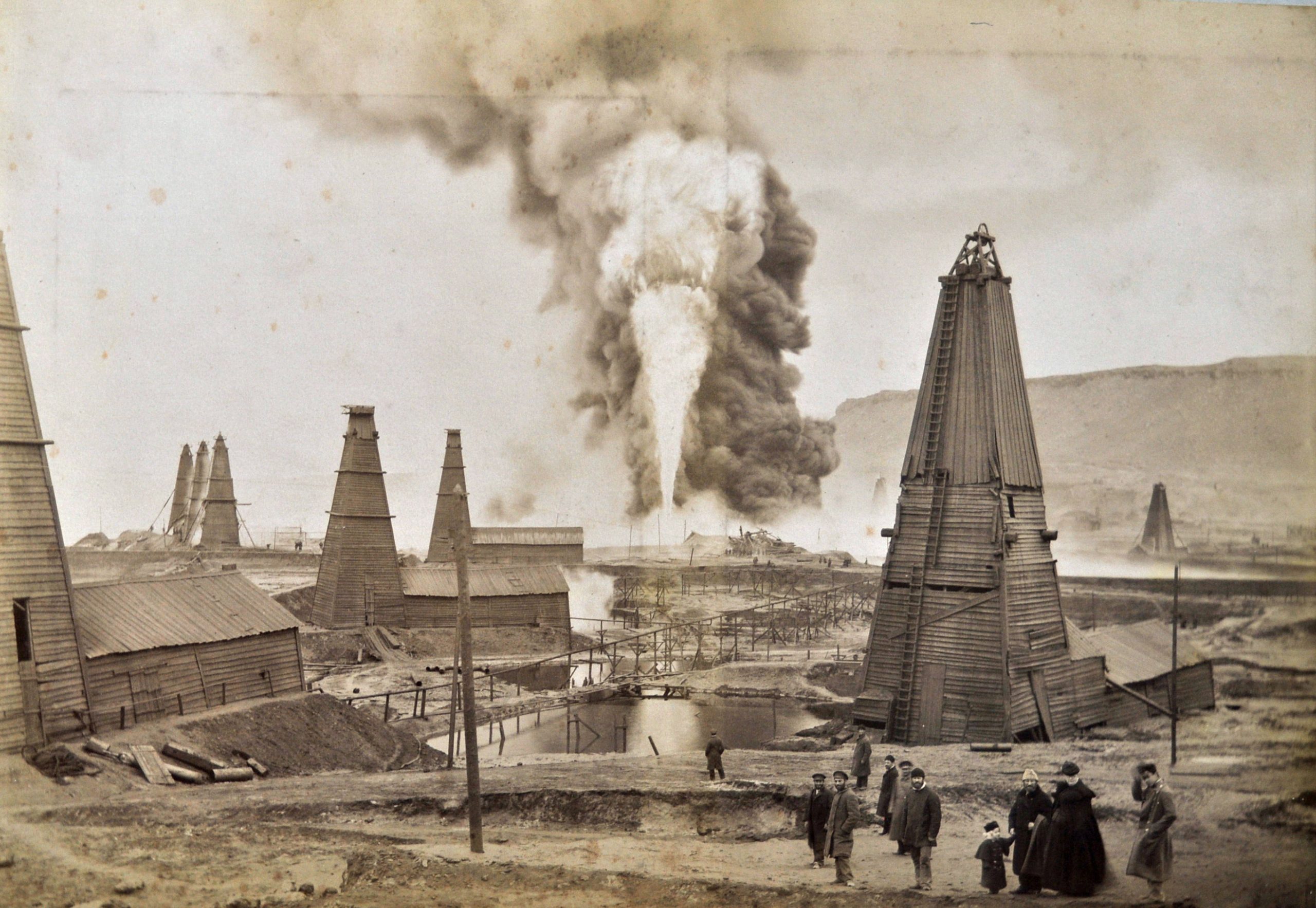The oil requires tunnels to be built through the Caucasus Mountains
In 1883, an old wish is granted – the railway line connecting Baku to the Caspian Sea at the port of Batum on the Black Sea is complete. This makes it easier to transport Branobel's products to Europe. At the same time, the rich French banking family, the Rothschilds, get involved in the stakes for Baku's oil and competition increases.

